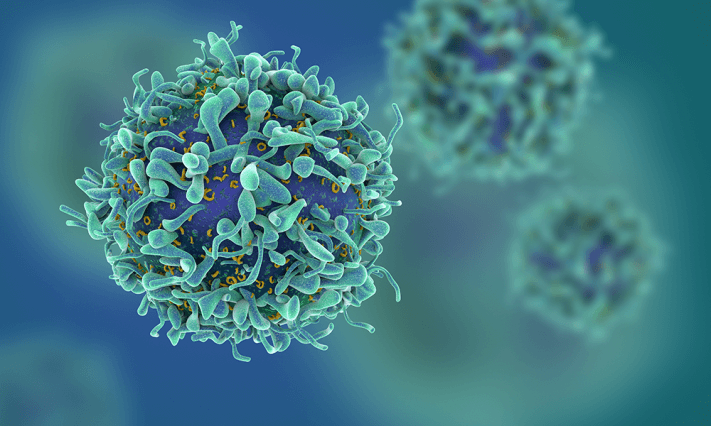
More than 700 Tina’s Wish supporters came together to raise $1.4M for early detection ovarian cancer research at the Foundation’s annual benefit dinner on Monday, September 26th at the American Museum of Natural History.
This year’s dinner honored Lisa Donahue, Managing Director and Global Head of the Turnaround and Restructuring Group at AlixPartners.
The Tina’s Wish 2016 Annual Benefit Dinner raised more than $1.4M for early detection ovarian cancer research.
“This foundation is so important not only because of the critical nature of the work they are doing but also because of the unique way that they are doing it,” said Ms. Donahue. “The Tina’s Wish collaborative research consortium works together among different organizations towards a common goal – discovering an early detection method for ovarian cancer. In my experience, collaboration is the most effective and efficient way to get things done.”
Since its inception nine years ago, Tina’s Wish has raised more than $7 million toward ovarian cancer research grants and has become the third largest private funding source dedicated to early detection ovarian cancer research. The Foundation created a collaborative research consortium in 2015, bringing together scientists from six world-class institutions who are sharing uniform cancer specimens and developing innovative prevention and diagnostic strategies. The institutions include, Dana-Farber Cancer Institute, Johns Hopkins Kimmel Cancer Center, Memorial Sloan-Kettering Cancer Center, NYU Langone Cancer Center,University of Pennsylvania Ovarian Cancer Research Center and Yale School of Medicine/Yale Cancer Center.
Monday’s event featured an Ovarian Cancer Medical Update from Tina’s Wish grant recipient, Dipanjan Chowdhury, Ph.D., Associate Professor of Medicine at Harvard Medical School and Associate Professor of Radiation Oncology at the Dana-Farber Cancer Institute. Dr. Chowdhury’s lab has demonstrated the promise of establishing a serum miRNA signature for the early detection of ovarian cancer.
“I feel that Tina’s Wish is unique in its specific focus on early detection,” said Dr. Chowdhury. “I particularly like this because it makes it easier to work with the other grantees within the consortium. Although we have different projects, we all share the one important common goal; to discover early detection methods for ovarian cancer.”
The majority of ovarian cancer patients are identified in advanced stages due to subtle symptoms and the lack of an effective early detection screening. Statistically, 27% of patients diagnosed during Stage III/IV will survive for only five years, compared to 92% of women diagnosed during Stage I, demonstrating that tools for early detection are critical to changing the global impact of the disease.


















